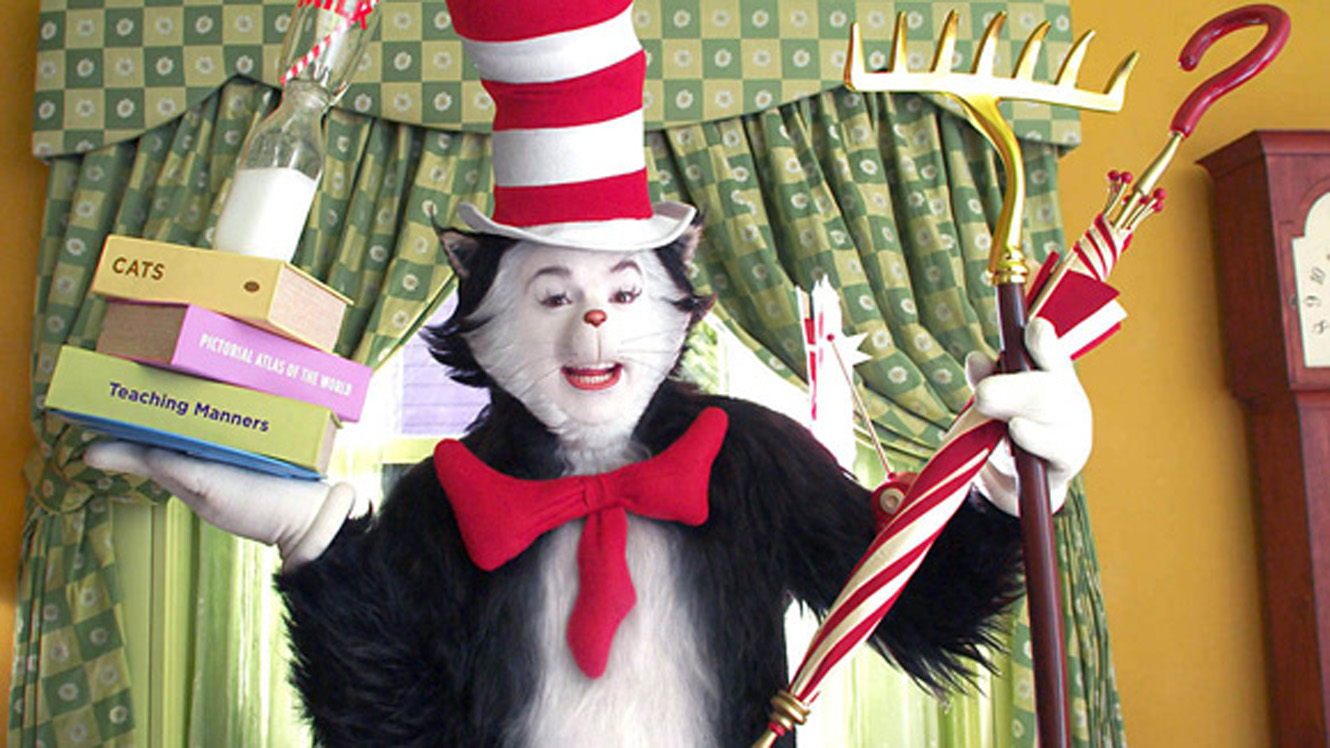
Besides being full of books, libraries also seem to be full of potential movies for Hollywood to make money from. However, not many books translate well to film. We have all heard the phrase “lost in translation”, a saying that definitely applies to adapting a work of literature for the big screen. This is why so many people complain and say the book was better than the movie.
The fact is books and movies are two very different mediums that have different requirements to tell a story. Books have the luxury to take time and many pages to tell its story, whereas movies usually have to get to the point.
Not every detail from a book can make it into its film adaptation, which often disappoints viewers who have read the novel first. This has made many book lovers around the world very angry, almost to the point that they feel like the movie is an insult to the book and their love of the book.
With that in mind, many movie adaptations are well made and convey the same story as the book, with the added visual element to get a whole new experience from the story. However, there are just some adaptations that are nothing like their origin stories. It makes you wonder why they bothered to adapt these books at all if they were going to change so much. Perhaps the studio wanted to cash in on the book’s popularity rather than the story, and that assumption would not be too far from the truth.
Below are 15 of the worst film adaptations of novels. Whether it was that the film completely missed the point of the novel, or the story simply does not suit the movie format, or the actors were miscast, or the script just goes in a completely different direction to the novel, these films disappointed fans of the books.
15. Eragon (Stephen Fangmeier, 2006)
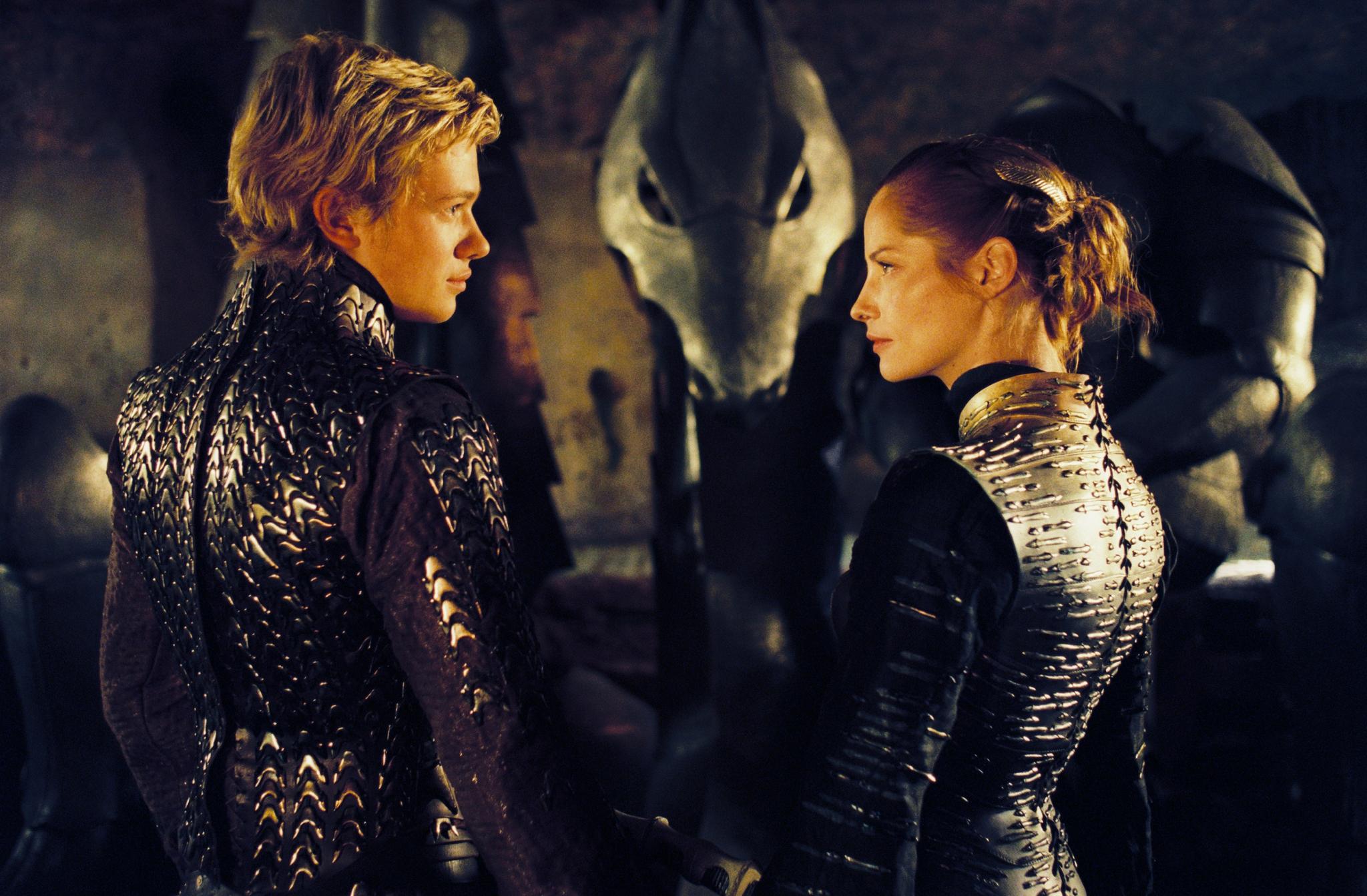
In the aftermath of The Lord Of The Rings trilogy being a major success, Hollywood adapted other popular fantasy novels for the big screen, but with mixed results. The novel Eragon was originally published in 2002, during the height of the popularity of The Lord Of The Rings, so naturally Hollywood saw dollar signs with wanting to adapt a new popular novel in the same vein.
The 500+ page book was turned into an hour and a half film, an obvious sign that a lot of the book would not make it into the movie. The film has numerous changes to the plot and characters from the book, making the adaptation barely recognisable.
The plot has become a clichéd hero’s journey story with nothing new to add to the formula. The film did modest business at the box office, but despite the book series having sequels, no sequels to the movie were ever made.
14. The Golden Compass (Chris Weitz, 2007)
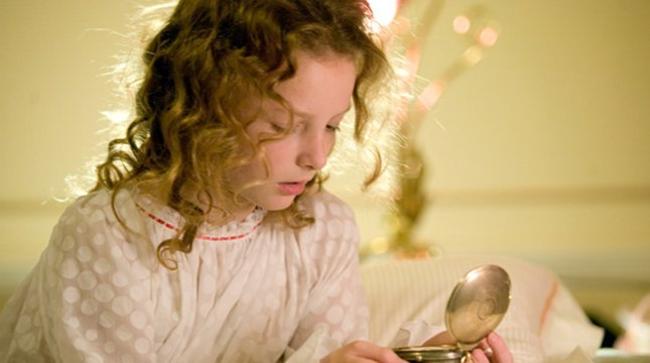
On the surface, The Golden Compass film appears to be a standard fantasy adventure movie, and it seems that was the case. The deaths of some characters in the book were removed to make the film more family friendly, and the chronology of scenes is different in the film from the book.
The biggest difference that annoys the book’s fans though is the film does not touch on the philosophical themes of the book at all. The book was anti-religion and received a lot of criticism for its atheist views, whereas the movie seemed to oversimplify the themes of the story for a broad audience.
The novel’s sequels were never made into films, and the anti-religion theme was even more present in the latter novels, so this was probably for the best.
13. The Great Gatsby (Baz Luhrmann, 2013)
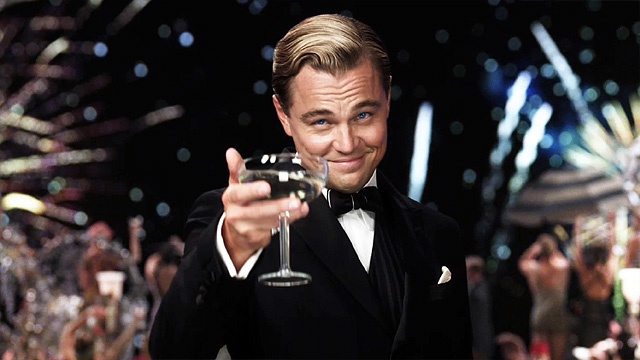
The Great Gatsby is a classic American novel that has been admired for many years. Critics and fans of the novel were always going to be picky over any film adaptations of this story, but Baz Luhrmann’s film just went into a very different and crazy direction. Besides deviating from the novel’s plot, the general execution of the story was what bothered people the most.
Many people disliked the way the story was told, since The Great Gatsby is considered a classic American novel about the 1920s, whereas the film uses modern music and was filmed in Sydney, Australia, rather than America.
The film has been both praised and criticised for visuals and colours, making the film definitely a case of style over substance. The film is more about the typical type of music video-like spectacle typical of a Baz Luhrmann film rather than conveying the themes of the book.
12. A Walk To Remember (Adam Shankman, 2002)
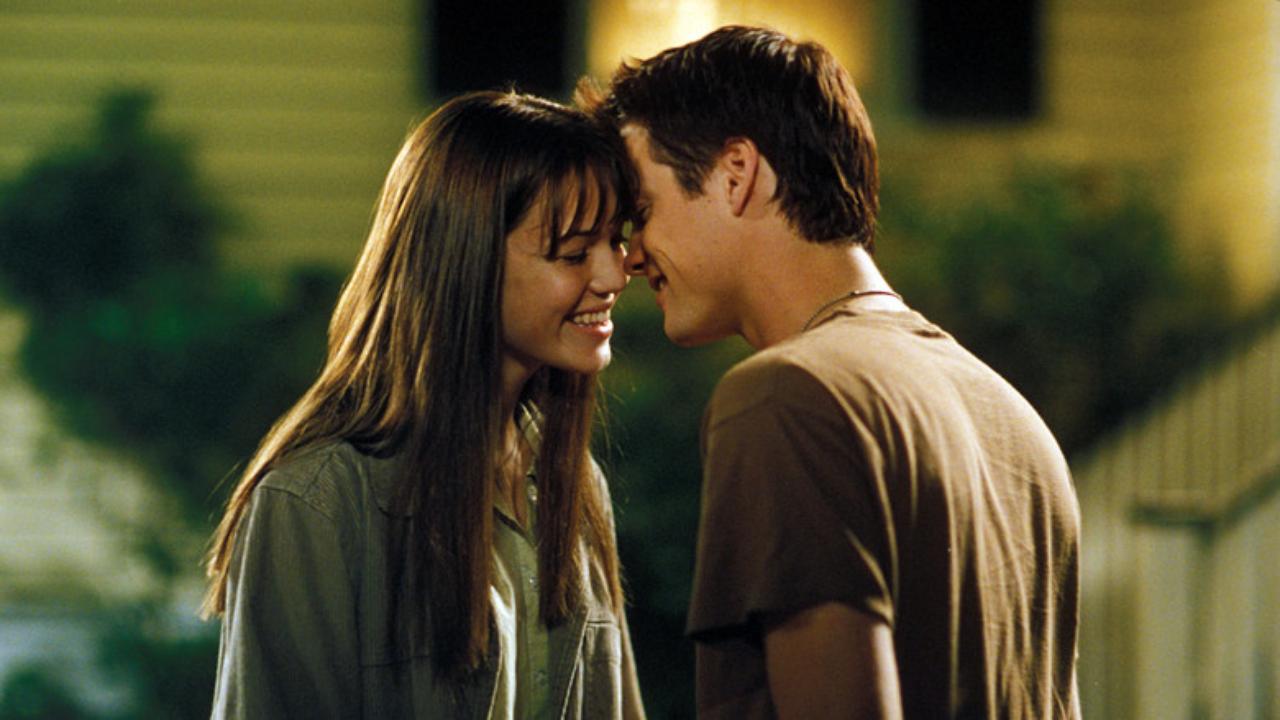
Nicolas Sparks has written many bestselling romance novels that have received the Hollywood treatment, and like so many other film adaptations of books, much of A Walk To Remember was changed. The book is set in 1958, while the film is set in the late 1990s when it was made, altering the era and the feel of the story.
Many scenes play out very differently and the characters have different motivations. The novel’s subplot of the Christmas play the school puts on that shows the Reverend’s struggle at being a good father to Jamie was removed, since the film didn’t have the time to get into it. Whether Jamie (Mandy Moore) died or not is left ambiguous in the novel, whereas she explicitly did die in the film.
The film is considered very soppy compared to the book. The novel was written by the renowned romance novelist Nicolas Sparks, who also wrote The Notebook and Dear John. So if people complained about the film being more sappy than the book, that is saying something.
11. Dune (David Lynch, 1984)
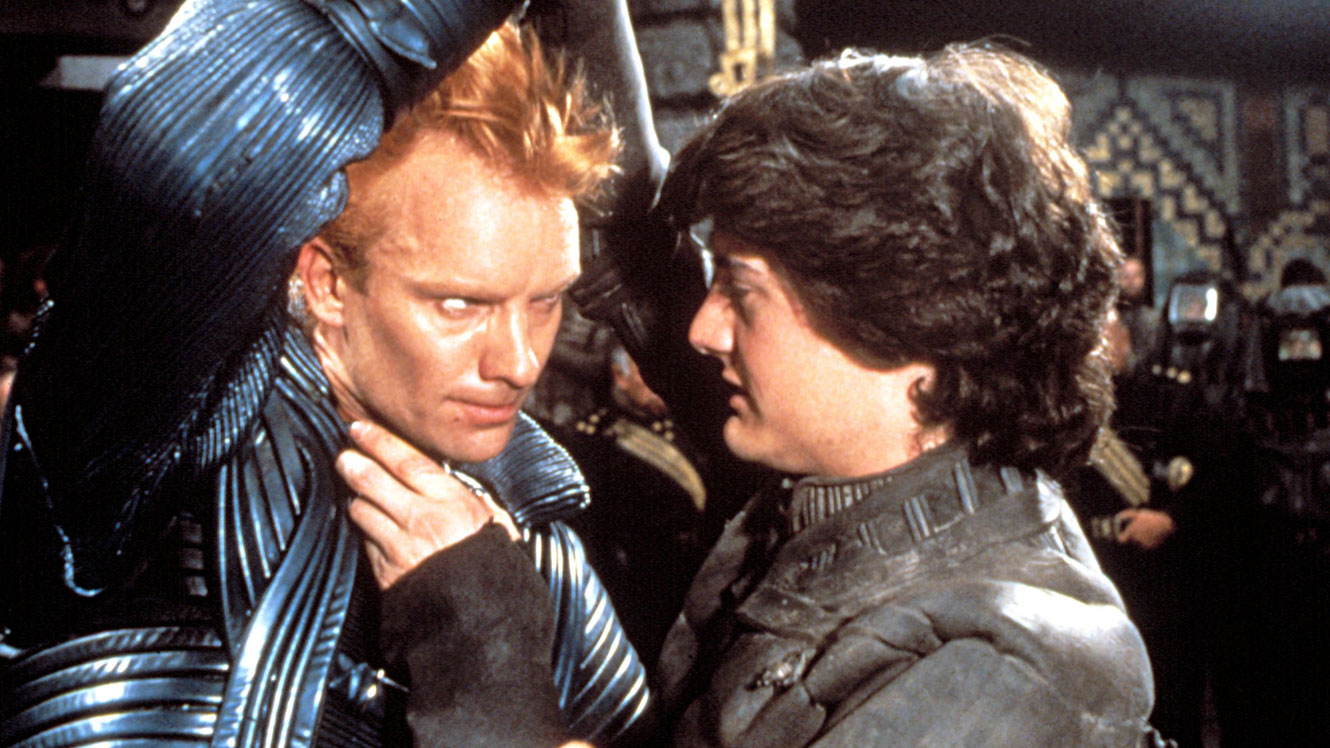
The 1965 novel Dune by Frank Herbert is considered a science fiction classic that is still held in high regard to this day. Various directors try to adapt it for the big screen, but it was eventually made by an unlikely director, David Lynch.
More known for his experimental films these days, Dune is the closest Lynch has ever come to creating a commercial blockbuster movie. This in itself was probably a sign that the film would not be a success with Lynch’s arthouse sensitivities clashing with the studio’s desire to create the next Star Wars.
The book had so much going on that a film could not possibly put everything in. Dune has both a 137 minute theatrical cut and the 177 minute extended cut (that Lynch disapproved of), but even with the extra scenes, it just could not do the book and its expansive plot justice. With the film trying to condense all the essential plot points of the novel, the story is a muddled mess.
The voiceover is extremely unnecessary and annoying, as the actors’ facial expressions captured everything the character was feeling, only to have it spoiled by a voiceover that states the obvious. Dune was a big disappointment that failed at the box office and it really could have been a masterpiece.
10. The Da Vinci Code (Ron Howard, 2006)
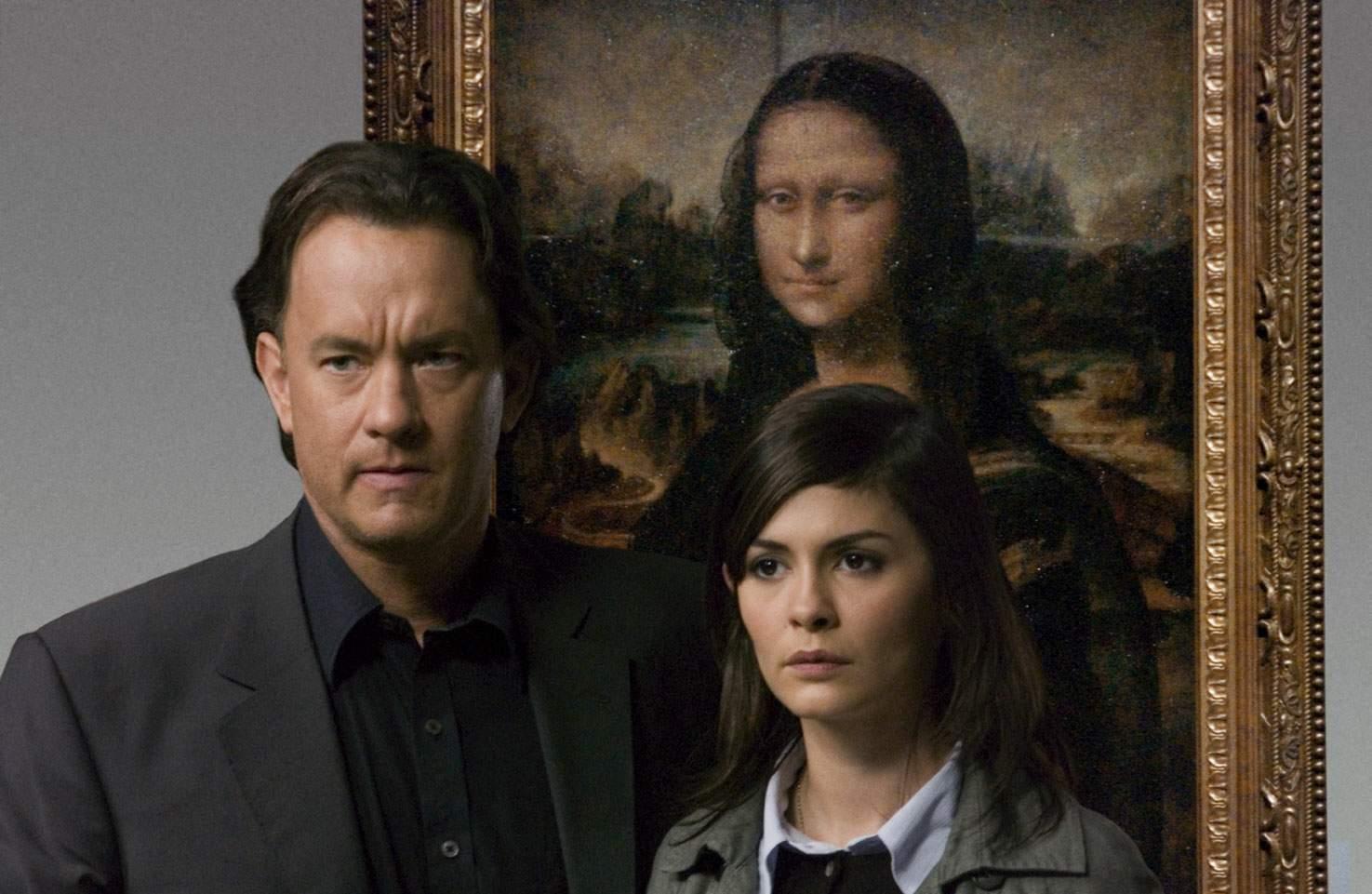
A lot of religious people protested against the book for being sacrilegious, but the film adaptation proved to be just as sacrilegious to the book’s fans. The novel was very controversial for making claims that Jesus had children, so Hollywood were wanting to make a film version to cash in on all the hype.
The main crime the film did against the book is that it is dull compared to the exciting, fast paced book, as well as many plot differences that change the story. The Da Vinci Code novel is actually a sequel to Angels And Demons, but it is the other way around in the film series. Many fans also believe that Tom Hanks was miscast as Professor Robert Langdon and made fun of his hairdo.
9. Queen Of The Damned (Michael Rymer, 2002)
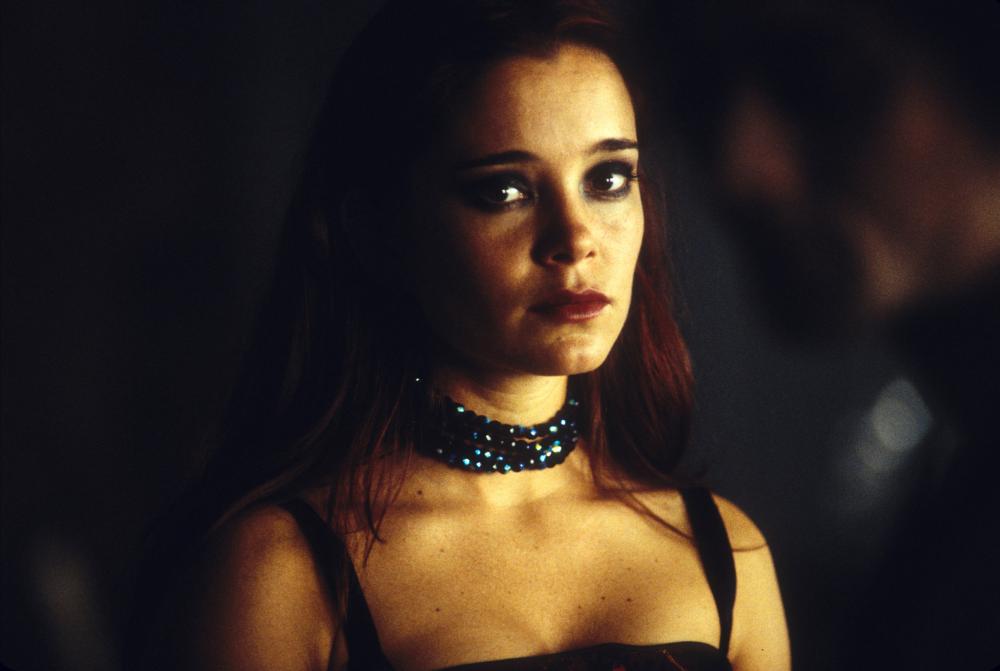
Interview With The Vampire was a big hit and exposed the filmgoing public to the work of novelist Anne Rice. Warner Bros had acquired the rights to the other novels in The Vampire Chronicles series, The Vampire Lestat and The Queen Of The Damned. When their contract for the film rights was about to expire, Warner Bros acted quickly by deciding to combine the two novels into one film that ultimately became Queen Of The Damned.
Without any of the first film’s cast coming back for a second bite, it was inevitable that this film wasn’t going to be as good. The filmmakers then decided to pretty much ignore the first film and create their own story. While the book is dark, the movie is very teenyboppy and trying to be cool for the sake of being cool, which is cringe worthy.
The film is almost like an excuse to have early 2000s goth rock stars get together, with songs by the likes of Jonathan Davis from Korn (who also produced the soundtrack), Marilyn Manson, and Chester Bennington from Linkin Park. An irony of having all this goth music play is that this was RnB singer Aaliyah’s last film as the vampire queen Akasha before she died.